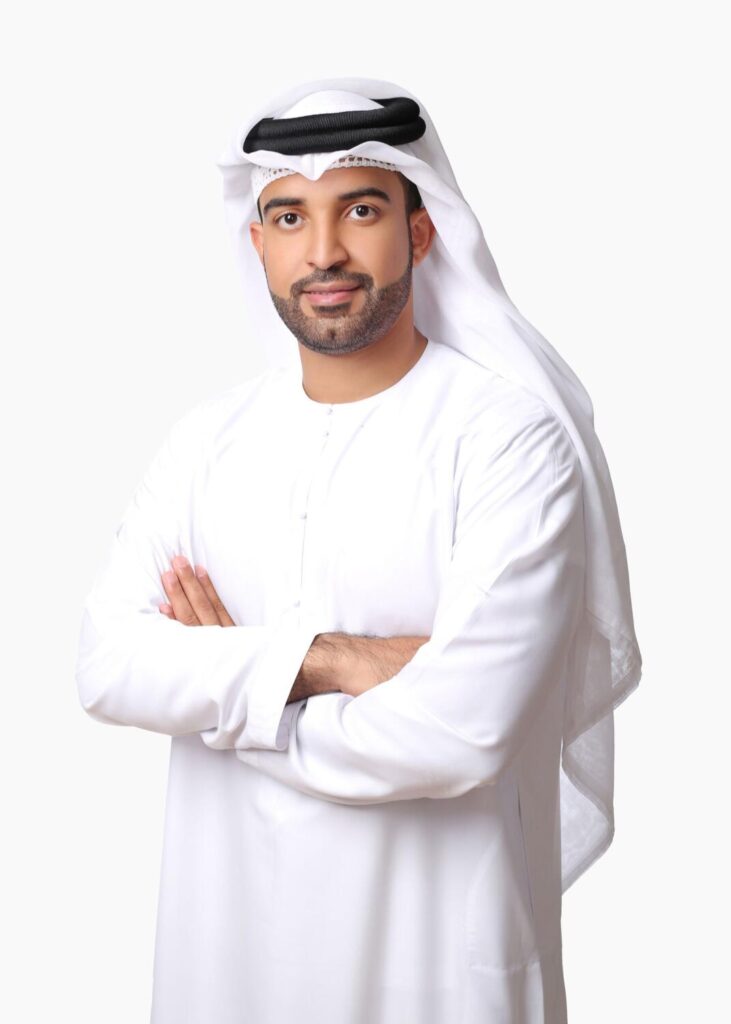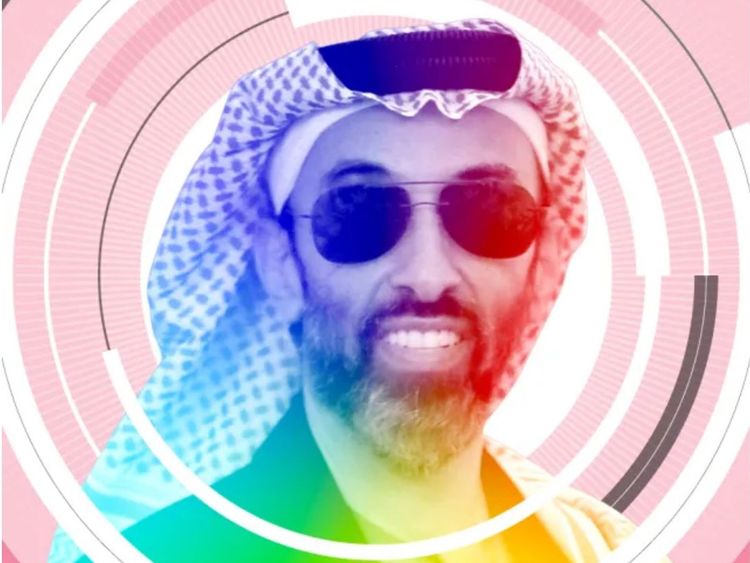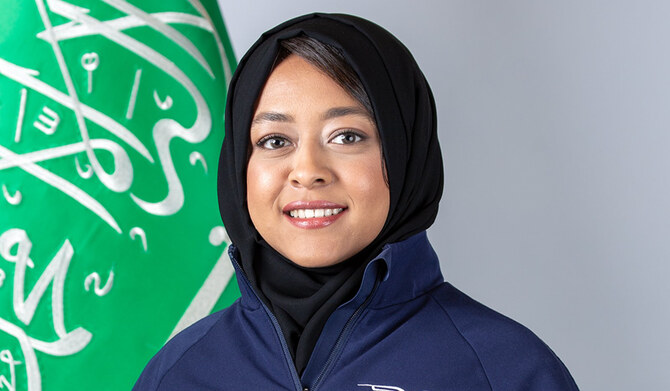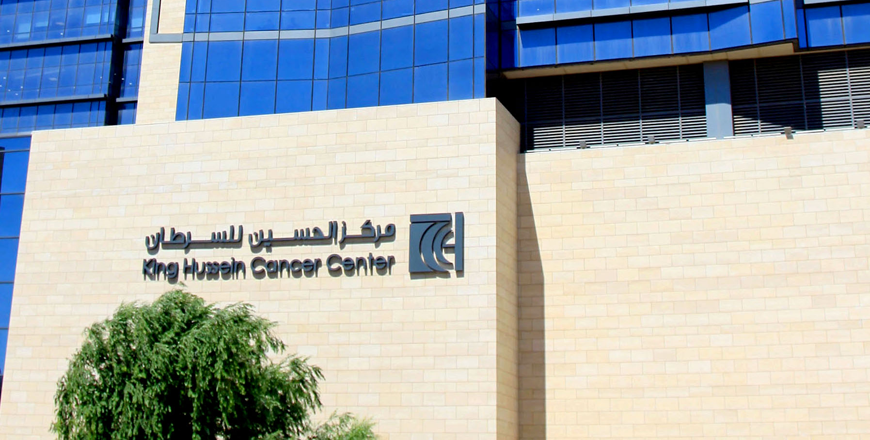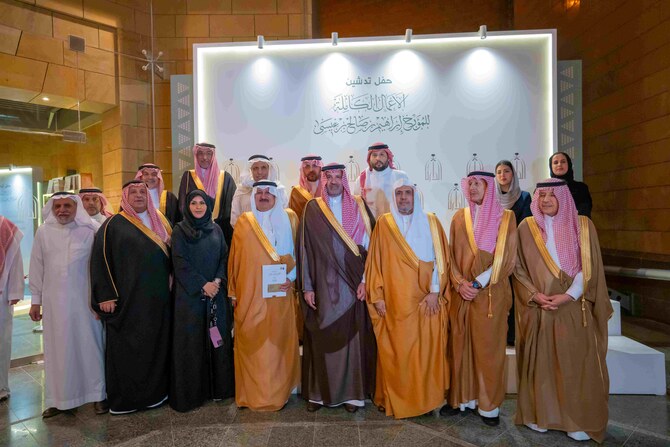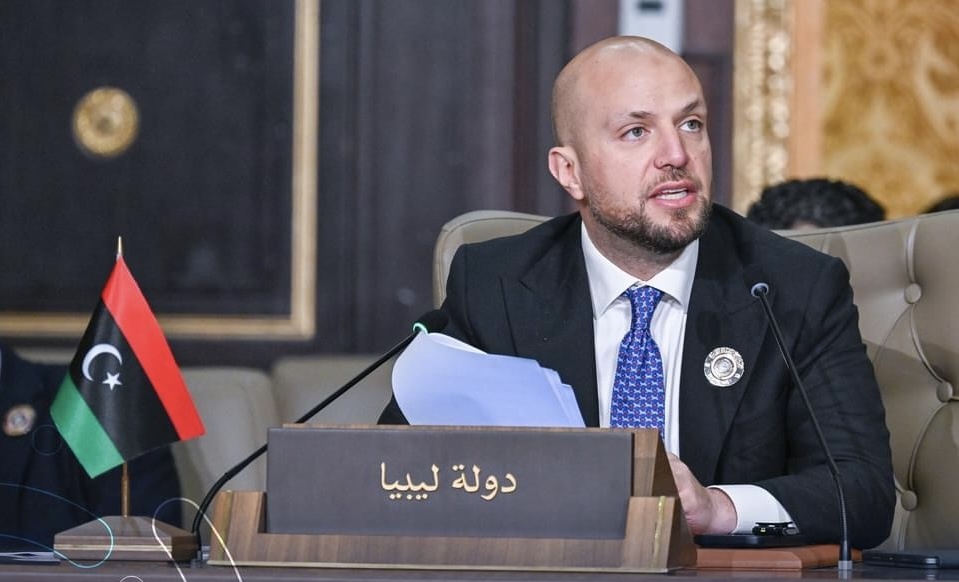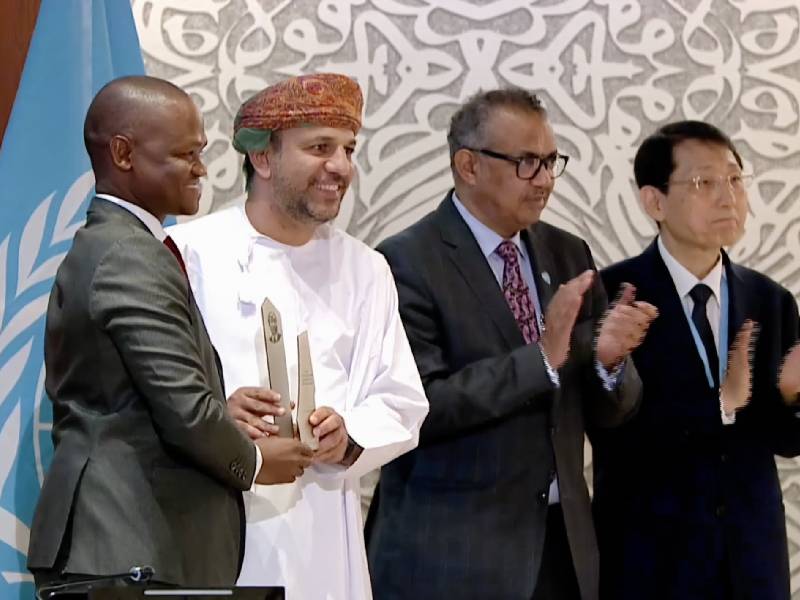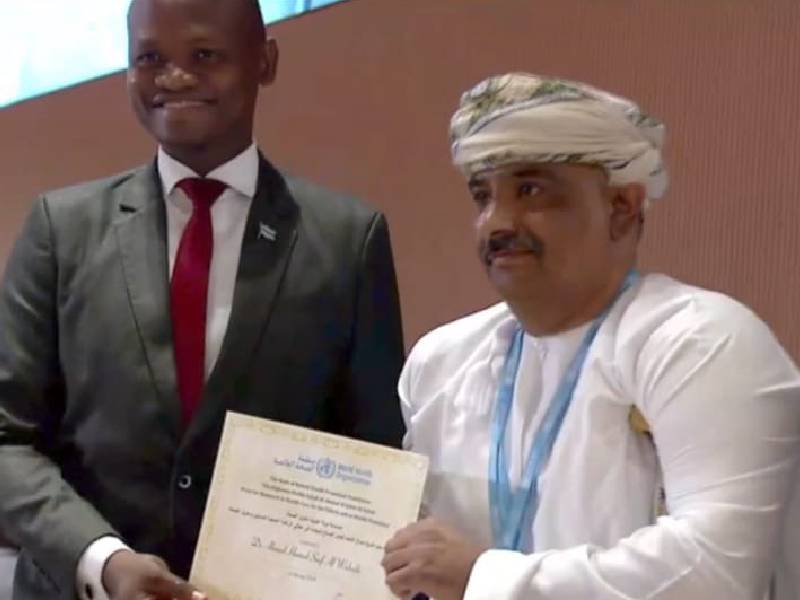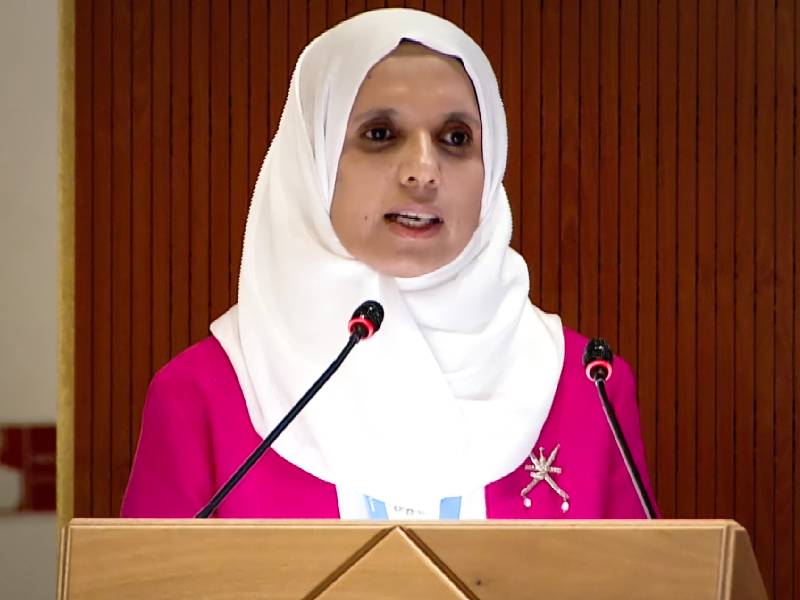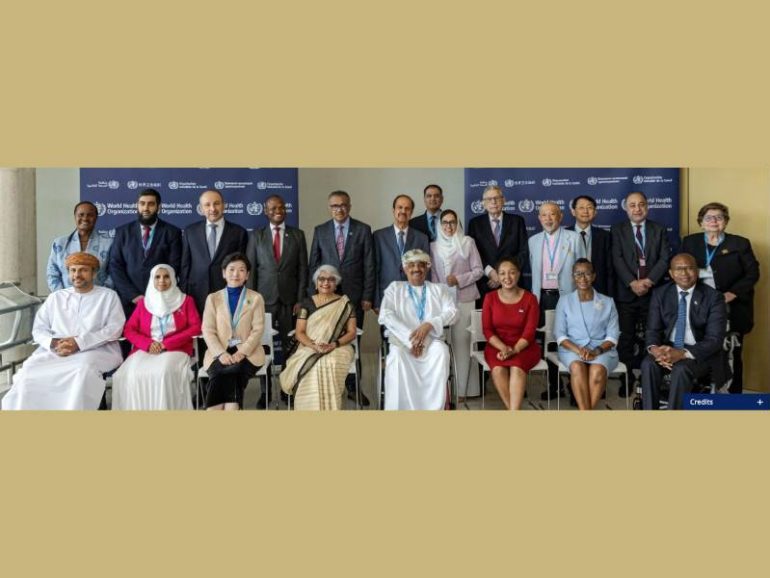Event will showcase the diversity of Arab cultural heritage and civilization while promoting intercultural dialogue and cultural development goals
Initiative reflects Saudi Arabia’s commitment to global engagement and received unanimous backing from Arab culture ministers at the ALECSO General Conference in May
Saudi Arabia is organizing the inaugural Arab Week at UNESCO, set for Nov. 4-5 at its Paris headquarters.
This marks the first such event in more than 50 years of Arab-UNESCO relations, the Saudi Press Agency reported on Wednesday.
Supported by all Arab nations, the event will showcase the diversity of Arab cultural heritage and civilization while promoting intercultural dialogue and cultural development goals.
Organizing by Saudi Arabia’s National Commission for Education, Culture and Sciences, the event will highlight the Arab world’s artistic and literary traditions, creating a broad platform for cultural exchange.
The initiative reflects Saudi Arabia’s commitment to global engagement and received unanimous backing from Arab culture ministers at the ALECSO General Conference in May.
Prince Badr bin Abdullah bin Farhan, minister of culture and chairman of the commission, has led the initiative, positioning Saudi Arabia as a key player in promoting regional and international cultural collaboration.
The program includes a marketplace for Arab cultural products, Arabic calligraphy exhibitions, UNESCO-listed heritage site displays, music, food demonstrations, traditional crafts, and fashion showcases.
Academic activities feature symposiums on novel writing, artificial intelligence, calligraphy, children’s literature, and poetry, alongside competitions and artist displays.
This event enhances Arab culture’s global standing, providing a platform to share its rich heritage and ideas while uniting Arab nations through shared values and contributing to global development.
source/content: arabnews.com (headline edited)
__________
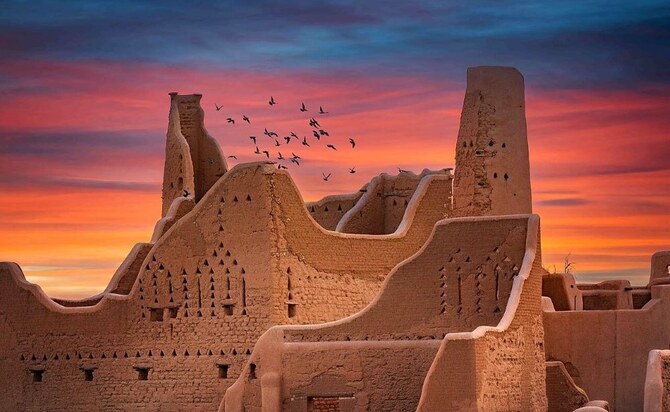
At-Turaif District is a UNESCO World Heritage site located in Diriyah, Saudi Arabia. (Wikimedia Commons)
_________________________
ARAB / SAUDI ARABIA


